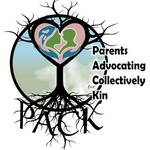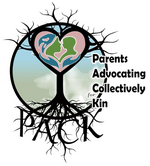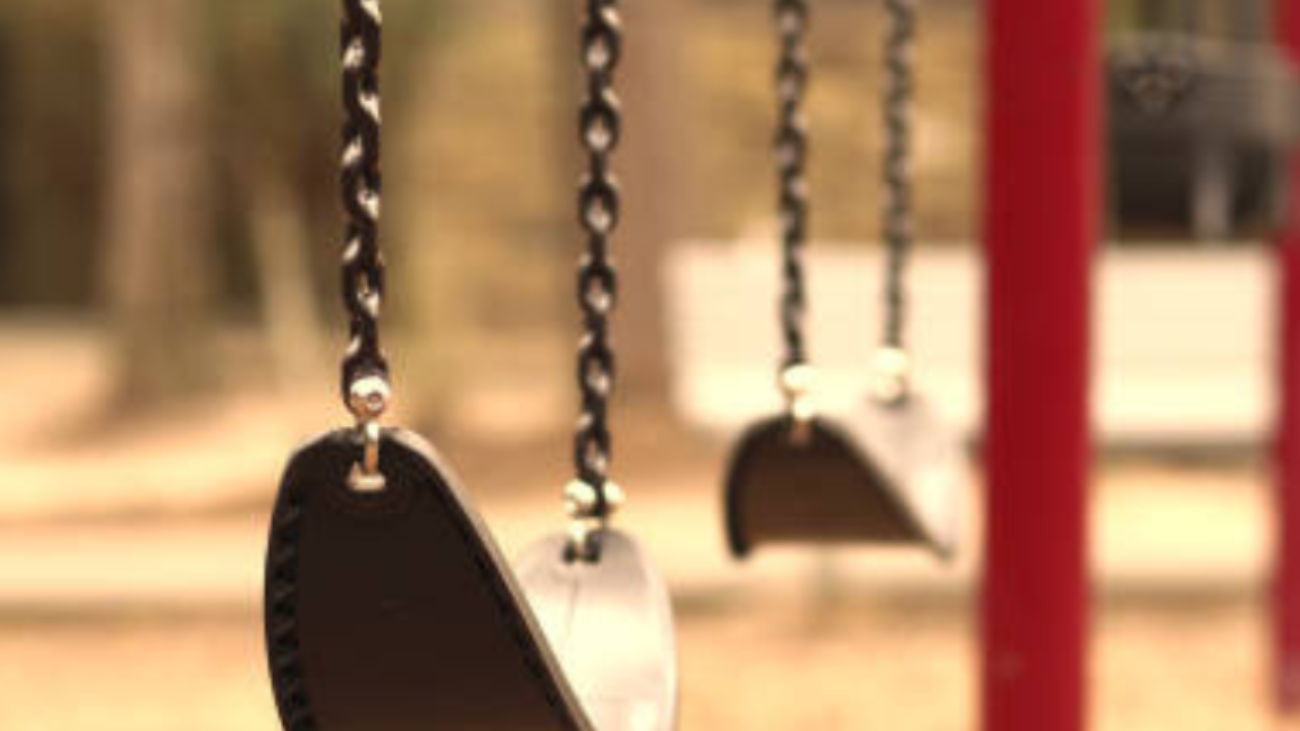The removal of Indigenous children from their families and communities has been a deeply troubling historical issue with far-reaching consequences. One aspect that has come to light is the existence of racial biases that disproportionately affect Indigenous children. This blog post aims to shed light on the racial biases surrounding the removal of Indigenous children from their homes, the historical context that has perpetuated this issue, and the steps being taken to address and rectify these biases.
Historical Context
The forced removal of Indigenous children from their families is a deeply rooted legacy of colonialism and assimilation policies. Government-sanctioned programs, such as the Canadian residential school system, were designed to erase Indigenous cultures and traditions, causing immense harm to generations of Indigenous communities. These policies perpetuated racial biases that positioned Indigenous families as inadequate caregivers, reinforcing the belief that Indigenous children would be better off in non-Indigenous homes.
Racial Biases in Child Welfare
Racial biases play a significant role in the child welfare system’s decision-making process. Research has shown that Indigenous children are disproportionately overrepresented in foster care and child protection systems compared to non-Indigenous children. This disparity is often a result of social workers and officials harboring implicit biases that impact their judgment when determining whether to remove a child from their home. Biases rooted in stereotypes and cultural misunderstandings contribute to the unjust removal of Indigenous children.
Impact on Indigenous Communities
The removal of Indigenous children from their families has profound and lasting effects on individuals, families, and communities. The loss of cultural connections, language, and heritage contributes to a cycle of intergenerational trauma. Indigenous children who are disconnected from their roots are more likely to experience mental health challenges, substance abuse, and poverty. Moreover, the erasure of Indigenous cultures perpetuates systemic inequalities, as Indigenous children face limited access to culturally sensitive education and resources.
Addressing Racial Biases and Promoting Reconciliation
Efforts are being made to address racial biases in child welfare systems and support Indigenous families in raising their children in culturally appropriate environments. Key initiatives include:
- Cultural Competency Training: Social workers and officials are undergoing cultural competency training to recognize and challenge their biases. Cultural understanding is essential in making informed decisions about the well-being of Indigenous children.
- Family Preservation Programs: Investment in family preservation programs that empower Indigenous families to access resources and services while staying connected to their culture helps prevent unnecessary removals.
- Culturally Relevant Services: Collaborative efforts are being made to provide culturally relevant services that acknowledge the unique needs and traditions of Indigenous communities.
- Community-Based Solutions: Implementing community-based solutions that place decision-making power back in the hands of Indigenous communities helps ensure the best interests of the children are met.
Addressing the racial biases that contribute to the removal of Indigenous children from their homes is a critical step toward reconciliation and healing. Recognizing and rectifying these biases requires a commitment from government agencies, child welfare organizations, and society as a whole. By supporting Indigenous families and empowering communities, we can work together to break the cycle of intergenerational trauma and promote the well-being of Indigenous children within their cultural context.



